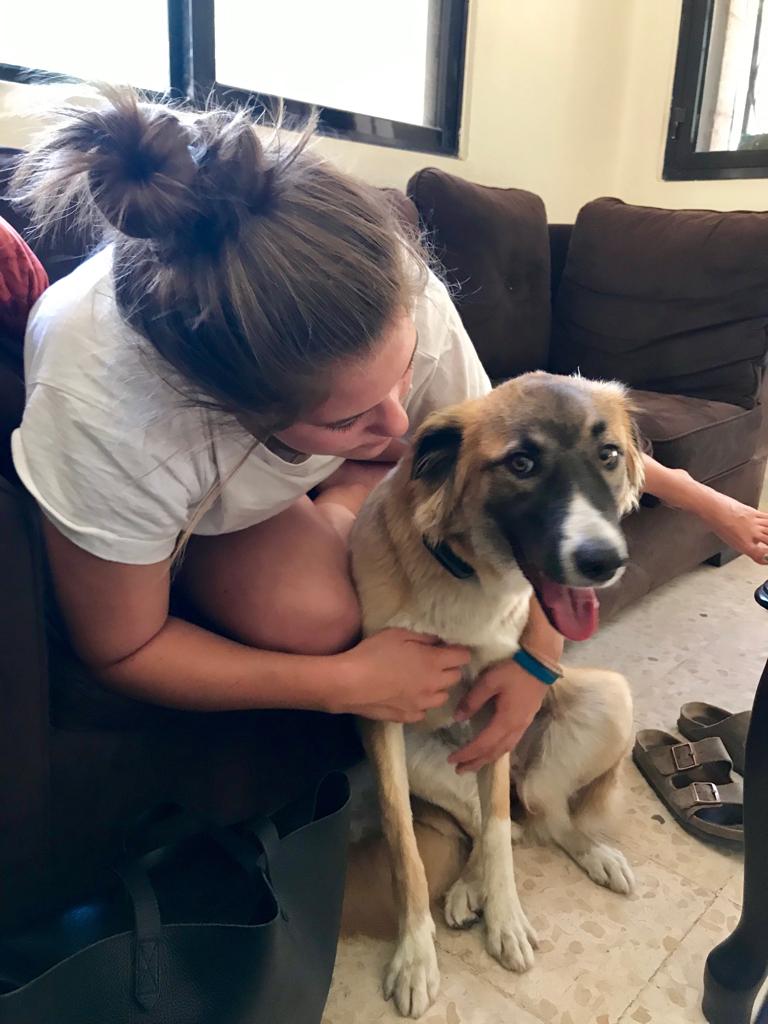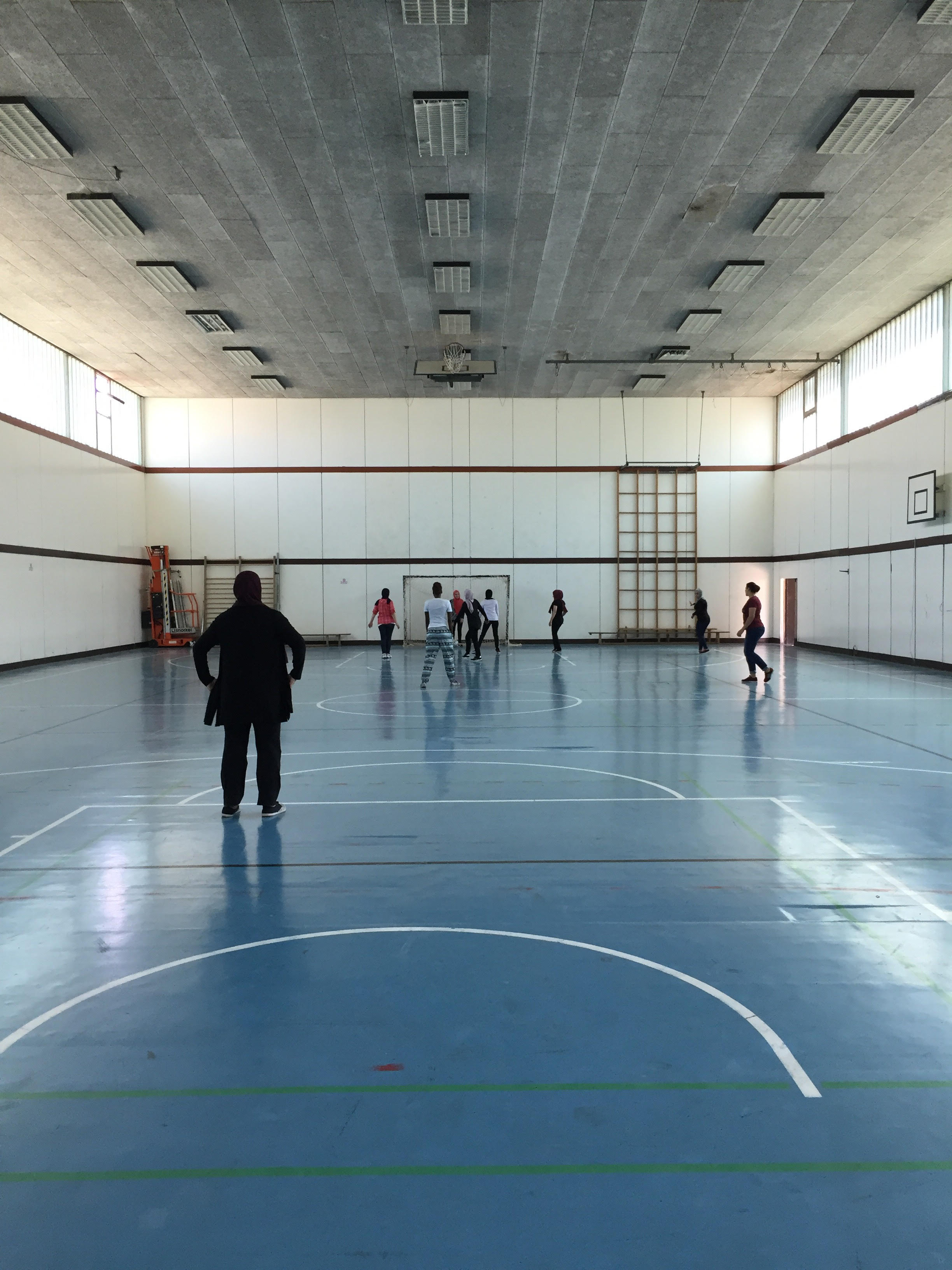Digesting Coffee, (The Best) Cake, and Experiences Made in Amman
Hanging Out with Foreigners
“Look at these pictures from his Hajj! It’s crazy that we can probably travel anywhere in the world except there. Seems unfair.”
“Yeah, but I don’t think you would want to go anyways. They’ll force you to dress in up in all black and wear things you don’t want.“
These were comments from Europeans living in Jordan when a local shared pictures from his Hajj experience. I don’t consider them insensitive at all. It just reveals ignorance. Thankfully, ignorance is our beautiful opportunity to learn, grow, challenge yourself, and challenge the people who may be teaching you with honest questions. I’m grateful these two people were intellectually curious and engaged me in sincere discussion afterwards. But, this discussion, like many of mine with immigrants here, reveal we often don’t know the foundations of our own core values or anything about the ones of people we serve.
On a more concerning note, during my time in Amman, I noticed a significant number of Europeans and Americans living in Jordan create isolated communities and economies that distance themselves from average residents. Although they often come on humanitarian missions to offer locals skills, resources, and customs they consider beneficial, they don’t invest time in understanding Arabic, contextual regional histories, cultural inheritance (except food and party customs), Islam, and many other variables integral to a shared understanding of life here. The issue for many is not resources or time. If you ask them directly, many foreigners living here will honestly tell you these variables are of little value to them or their efforts to improve the conditions of the people they are serving.
The Words that Pierce from Conversation Practice
I have spent 3 hours daily outside of work honing my communication skills with excellent private tutors and talking to people in every neighborhood in Amman. As a Muslim man with a decent command of Arabic and one who often gets mistaken as a Jordanian Bedouin until my word choice proves otherwise, my ability to connect with the average person is often quicker, deeper, and easier. Taxi drivers, store workers, tutors, program facilitators, and street vendors don’t shower me with pleasantries, good manners and praises in hopes I return as a customer or offer a generous tip. When I am not surrounded by people from the Americas or Europe, they usually give me their opinions straight (whether I ask for them or not) and criticize me or others as NGO workers in the region.
“You and your kind care about your work so much. But, none of you care about us.”
“Their tongues are broken, we do the same job, I have to train them, and their salary is four times mine. Where is the justice? Can we not take care of ourselves?”
“You think I’m not frustrated? Of course I am. I have a degree in Computer Science. You did not study coding. And, I’m teaching you the local dialect so you can do a data job I pray for and that I could do in my sleep. But, I have kids and I need money, so I teach.”
Most comments and discussions I get from my communication practice is fruitful, constructive, and helpful in my work context. But, every other day, in the middle of a 1-hour conversation, a few words cut deep and force me to reevaluate a new aspect of my actions and presence here. After all the talking and listening, I’ve learned very intimately that both kalima meaning “word” and kalm meaning “wound” share the same linguistic root in Arabic.
A Workplace Where Feedback is Felt
Luckily, my workplace helps heal a lot of those wounds. Over many years, the Collateral Repair Project has cultivated a collaborative environment where local staff, volunteers, and beneficiaries do their best to integrate foreign staff in Amman and at work. The previous fellows and other foreign staff were able to cultivate mutual respect and appreciation through their lived examples. I often hear stories about the impact of respecting invitations, efforts to learn customs and language, requests for advice, listening and respecting feedback, thoughtful disagreement, and how all of this makes them eager to interact with new foreigners at the center. Even when there is a breakdown in communication, it’s met with a patience and eager optimism often missing outside the center. It’s enabled me and my roommate (who’s also a colleague) to go from stuttering with pronunciation of three word sentences to full conversations about ideas in ‘Aamiya and strict usage of it at home after three months. The environment has improved my personal growth and ability to cultivate healthy relationships at work.
Questions and Advice for Those Intending to Travel
If you plan to travel to the Middle East and work or study, ask introspective questions like the following: Why is the region called the Middle East? What is the center point in which the region is middle and east from? Is this geographical point of reference the central point of reference for all important things in your life? Is this center also the point in which all important ideas, practices, and goals revolve around for the people living in the region?
Questions like these should inspire you to explore the intellectual foundations of your own values and the values and customs of natives. Improving these understandings will be the difference between mutually beneficial impact and better engagement or you just taking up space. Furthermore, even though programs like MENAR focus on professional development, I advise you to cultivate growing expertise in a skill and the ability to train others in it. This is especially important in sectors where resources are scarce. It will justify the need for your presence, create stronger institutional health, and ensure the work is about shared goals and purpose (and not about you).















